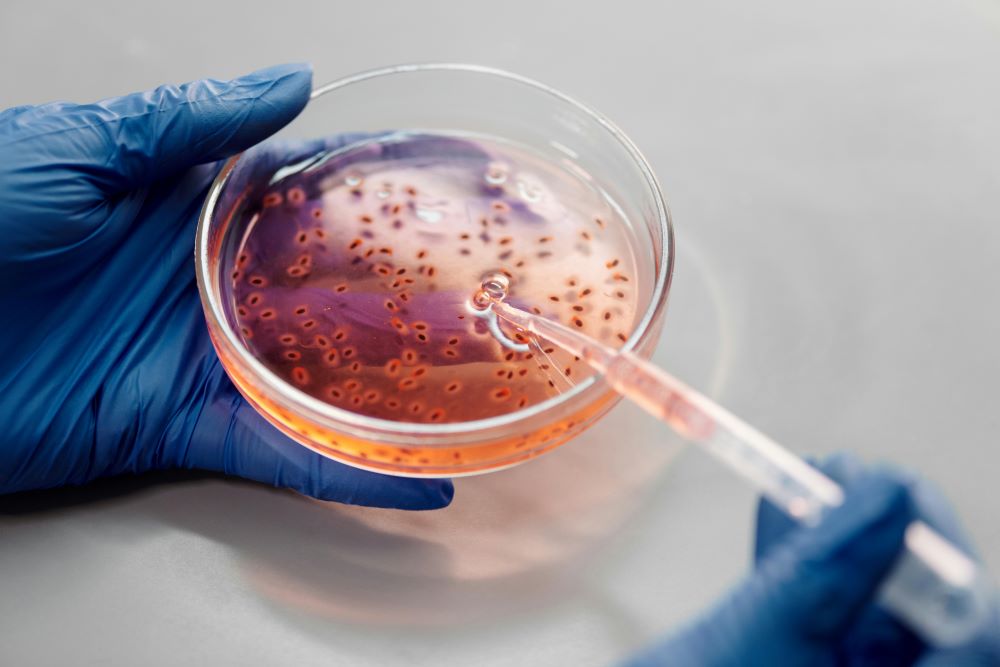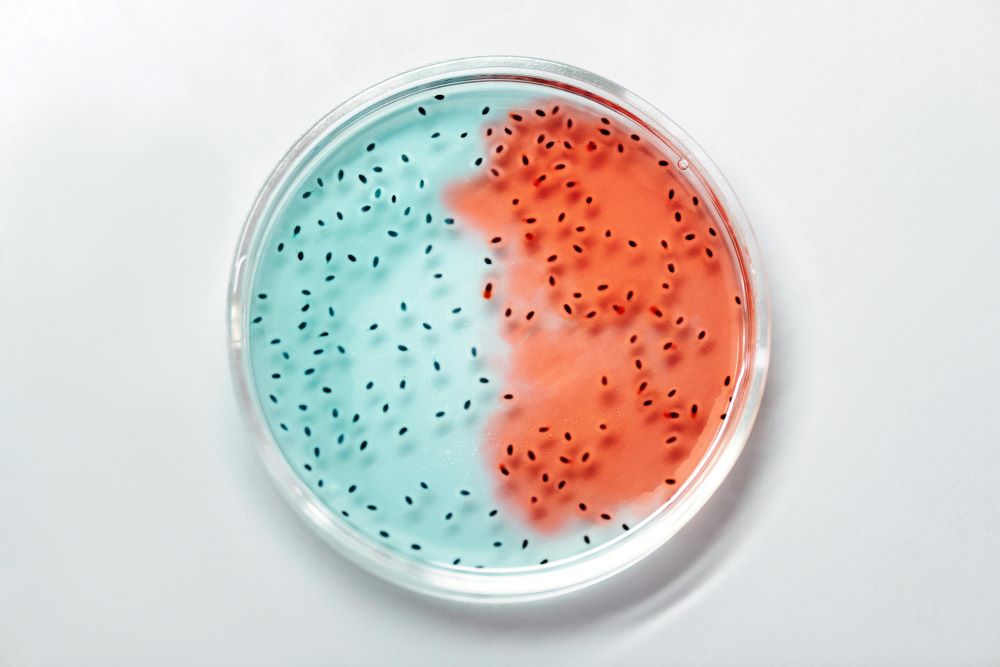Specific bacteria strains producing colibactin have been linked to an increased risk for cancer.
Recent research has revealed a potential link between specific strains of Escherichia coli (E. coli) bacteria and higher rates of certain cancers, including colorectal, bladder, and prostate cancer. These findings suggest that targeting these bacteria through vaccines or other treatments could significantly reduce the prevalence of these diseases. The study, conducted by researchers at the Wellcome Sanger Institute and the University of Helsinki, highlights how bacterial strains producing a substance called colibactin may be influencing cancer risks, particularly in industrialized nations.
The two E. coli strains in question, which have been circulating for over three centuries, are primarily found in industrialized countries. Unlike the strains responsible for food poisoning, these strains are commonly associated with urinary tract and bloodstream infections. Their ability to produce colibactin, a compound that can damage DNA, sets them apart from other E. coli. This DNA damage has been previously linked to colorectal cancer and, more recently, to cancers of the bladder and prostate, which are frequent sites of E. coli infections.
The study examined genomic data from several countries, comparing it with cancer incidence rates. Researchers noted that these colibactin-producing strains are prevalent in countries like the UK and Norway, where rates of these cancers are relatively high. In contrast, such strains are rare in less industrialized countries like Pakistan and Bangladesh, where cancer rates for these diseases are much lower. These findings point to a possible geographical variation in cancer risk driven by exposure to the specific bacterial strains.

Colibactin production is a rare and energy-intensive trait for E. coli, requiring specific genetic changes. Only two E. coli strains have successfully maintained the genes for colibactin production over the centuries, suggesting a unique evolutionary pathway. These bacteria thrive in the human gut and compete for space and resources with other microbial bacteria. The research indicates that interventions to displace these strains, such as therapeutic probiotics, could help reduce their impact on human health.
Previous studies have shown that colibactin-producing E. coli can cause DNA breaks in human cells, with evidence of this damage found in tumor samples from colorectal cancer patients. The current research builds on these findings, exploring the broader implications for other cancers. For example, urinary tract infections caused by these bacteria may contribute to DNA damage in bladder and prostate tissues, increasing the risk of malignancy. The researchers point out a need for further investigation to confirm these links and understand the mechanisms at play.
One proposed strategy to mitigate the impact of colibactin-producing E. coli is the development of vaccines targeting these strains. Such vaccines could potentially prevent not only certain cancers but also reduce the burden of urinary tract and bloodstream infections. Another approach involves creating therapeutic probiotics designed to outcompete these harmful bacteria in the gut, effectively removing them from the human microbiome.
The implications of this research extend beyond cancer prevention. Reducing infections caused by colibactin-producing E. coli could also decrease the reliance on antibiotics, addressing a significant global health concern related to antimicrobial resistance. By lessening the need for antibiotics, these interventions could help preserve the effectiveness of existing treatments for other bacterial infections.
The researchers stress that global surveillance of bacterial strains is important for identifying trends and developing effective interventions. Access to comprehensive genomic data can provide insights into how specific bacterial traits influence health outcomes and inform strategies to address these risks.
Sources:
New study links specific E. coli strains to higher cancer incidence rates


Join the conversation!